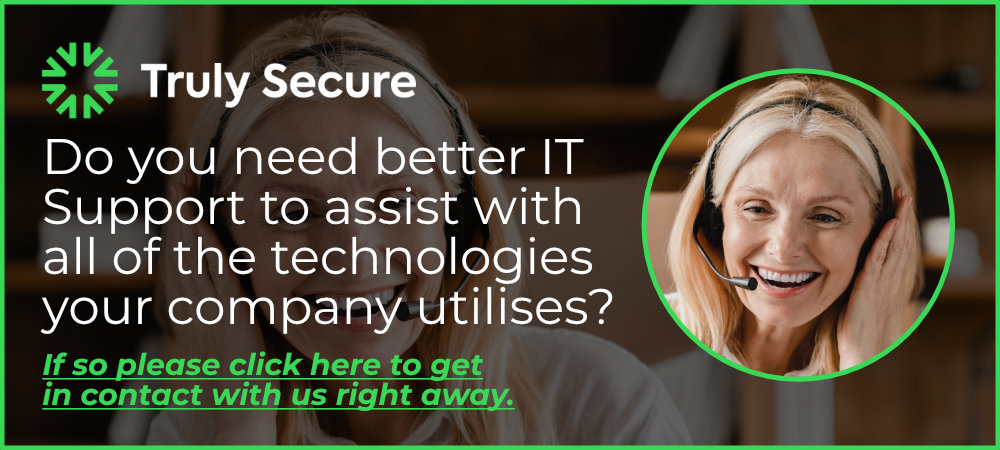For people and businesses trying to make their way through the complex environment of the international health and legal rules, it can be a nightmare. Yet, with the introduction of new technology, there are now solutions available that can help reduce risks and guarantee compliance. We’ll look at five distinct technologies in this blog post that can be utilised to negotiate the complex web of international health or legal requirements.
1. Blockchain
Blockchain technology has a lot of potential uses in the fields of international health and legal rules. However, it is likely best recognised for its use in cryptocurrencies like Bitcoin. The capacity of blockchain to produce a safe and immutable record of transactions is one of its main advantages. Tracking the flow of items and making sure they adhere to rules governing things like food safety and pharmaceuticals can be especially helpful in this regard. Regulators can quickly and readily spot any areas of concern and take action to stop the spread of unsafe items by using blockchain to create a digital ledger that documents the full supply chain of a product.
2. Artificial Intelligence
Another technology that can be utilised to negotiate the minefield of international health and legal requirements is artificial intelligence (AI). Monitoring compliance is one possible application for AI. Companies may quickly identify possible compliance concerns and take action to fix them before they become a problem by employing machine learning algorithms to evaluate massive volumes of data. AI can also be utilised to speed up regulatory procedures, lowering the time and expense involved in compliance-related tasks.
3. Cloud Computing
In the area of international health and legal norms, cloud computing has a lot of possible uses. It has gained popularity in recent years. The capacity of cloud computing to store and manage enormous volumes of data is one of its main advantages. In the context of compliance, where businesses may need to store enormous amounts of data pertaining to things like regulatory filings, safety testing, and product labelling, this can be very helpful. Companies can more readily comply with rules and lower the risk of non-compliance by employing cloud computing to consolidate and manage this data.
4. Internet of Things
The increasing network of networked gadgets that are now a part of our daily life is referred to as the “Internet of Things” (IoT). Everything from cellphones and smart home appliances to office machinery and medical equipment is part of this network. The Internet of Things (IoT) can be used to track and monitor everything from patient health to the movement of goods across borders in the area of international health and legal norms. Companies can immediately discover possible compliance concerns and take steps to fix them before they become a problem by deploying IoT sensors and devices to capture real-time data.
5. Robotic Process Automation
Software robots are used in robotic process automation (RPA), a technology, to automate time-consuming and repetitive processes. RPA can be used to automate compliance tasks in the context of global health and legal regulations, including data entry and record-keeping. Companies may lower the risk of errors and guarantee that compliance duties are finished swiftly and efficiently by employing RPA to perform these jobs.
In conclusion, navigating the minefield of global health and legal regulations can be challenging, but with the aid of cutting-edge technologies like blockchain, artificial intelligence, cloud computing, the Internet of Things, and robotic process automation, it is possible to lower the risk of non-compliance and guarantee that goods and services are effective and safe. It is likely that as technology develops, new tools and solutions will appear that will make compliance even simpler and more efficient, allowing businesses to stay ahead of the curve and confidently negotiate the challenging regulatory landscape.
IT Support for Dubai and UAE based Businesses – Truly Secure
Please get in touch with us here at Truly Secure if you need help implementing any of these technologies in your Dubai or UAE-based finance business to help you comply with international finance regulations or if you need assistance with anything else related to technology.


